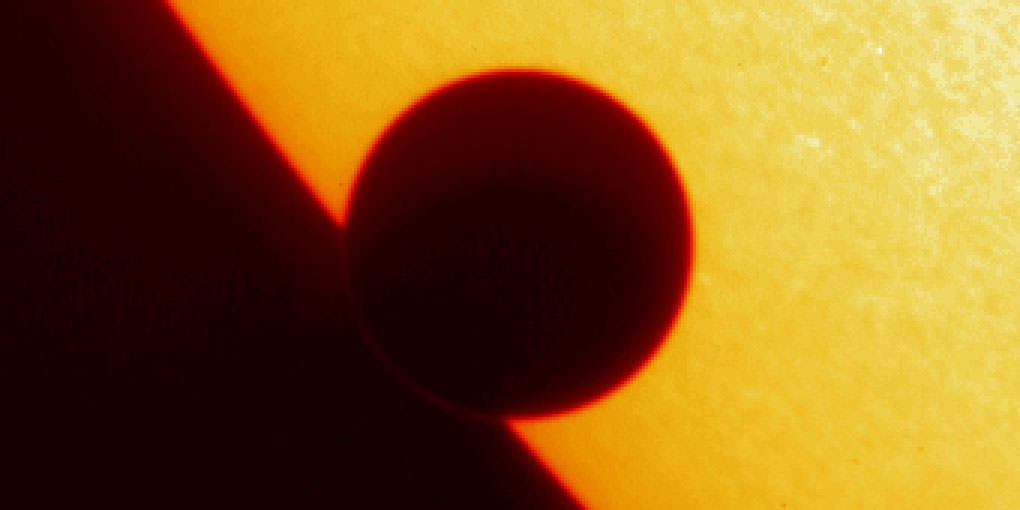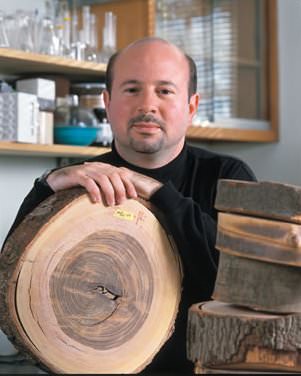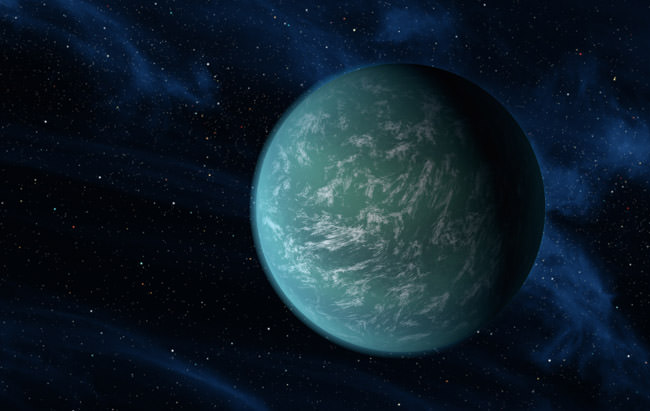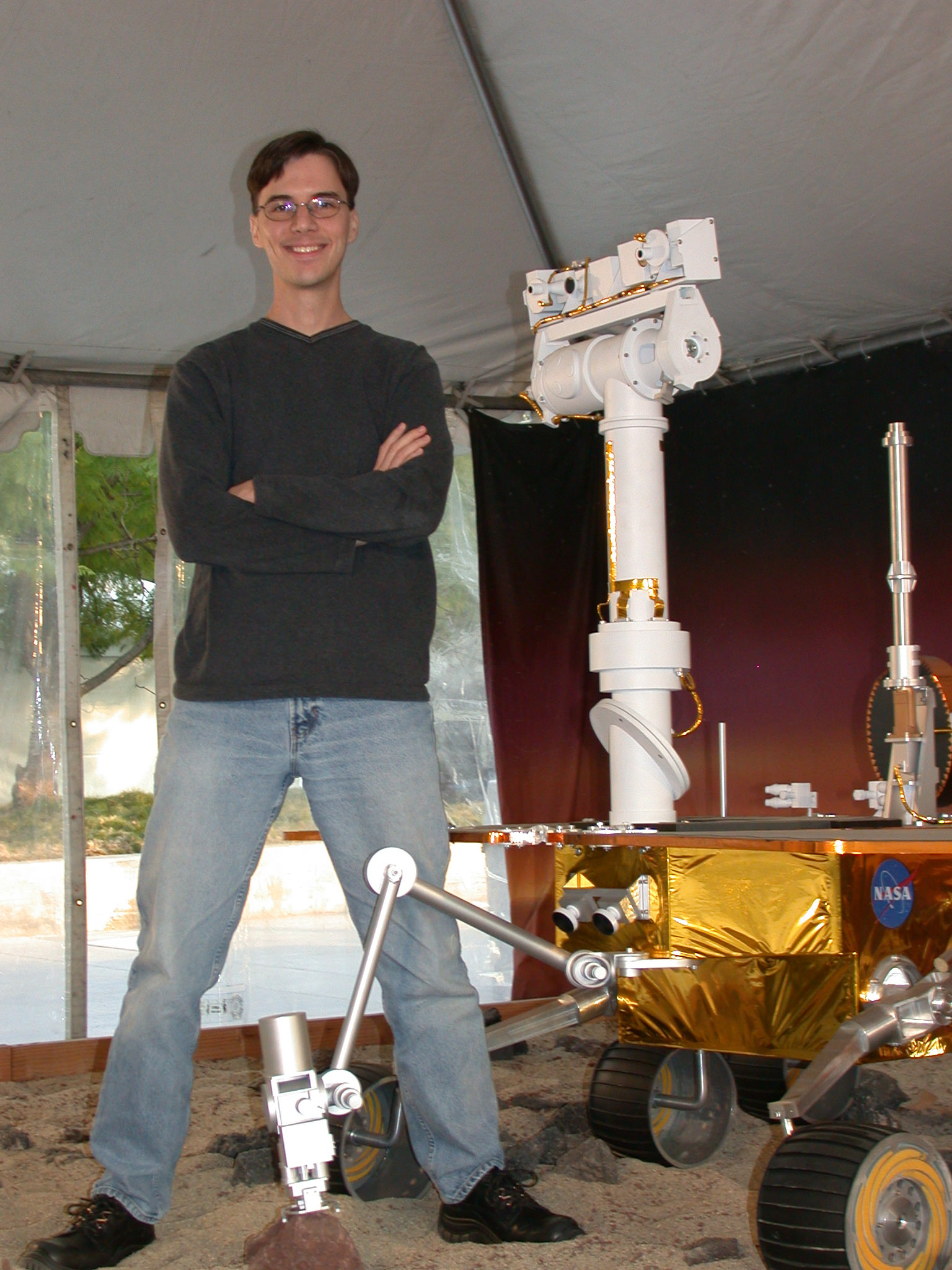[/caption]
Venus will make a rare transit across the face of the Sun on June 5/6, 2012 and for this historic event, Universe Today will be coordinating unprecedented live coverage. Starting at 20:00 UTC (2:00 p.m. PDT, 5 pm EDT) on Tuesday, June 5, a live 8-hour webcast will provide views from around the world using multiple telescopes along with commentary from astronomers, space scientists and other special guests.
Viewers will also have the chance to interact and ask questions about this uncommon event to learn more about its significance in aiding our understanding of the Solar System.
Universe Today’s Fraser Cain will be teaming up with astronomers Dr. Pamela Gay, Dr. Phil Plait (the Bad Astronomer) and many more special celebrity guests. During this 8-hour marathon, they will provide information on how you can safely observe this event for yourself, as well as sharing telescope views from around the world (New Zealand, Canada, California, Nevada, Arizona, North Carolina, and more). These experts will be discussing why these transits are so rare, how they’ve been used to explore the Solar System, and what astronomers can learn from this event.
The transit will be broadcast as a live Google+ Hangout on Air, and on YouTube live. It will also be embeddable on any website that wants to share live coverage of the transit.
We’ll also be showcasing photographs and other coverage from the public, astronomers and even space telescopes.
To participate, share your views or ask questions, go to the coordinating page on Universe Today, UniverseToday.com/transit.
You can also view it on the Virtual Star party Google+ page, or on Universe Today’s YouTube live feed.
You can also follow the action via Universe Today on Twitter @universetoday and use the hashtag #venushangout
A transit like this occurs when Venus passes directly between Earth and the Sun. Viewers will see Venus as a small dot gliding slowly across a portion of the Sun. Historically, viewed by Captain James Cook and other famous astronomers from days gone by, this rare alignment is how we originally measured the size of our solar system.
There have been 53 transits since 2000 B.C. but only six transits of Venus have been observed since the invention of the telescope more than 400 years ago. There were no transits of Venus from 1882 to 2004, and the next one won’t take place until 2117. The last time the event occurred was on June 8, 2004, and was viewed by millions worldwide. This year, observers on six continents and a small portion of Antarctica will be in position to see at least part of it.
But no matter where you live or what sky conditions are in your area, you can watch live with this special coverage!




